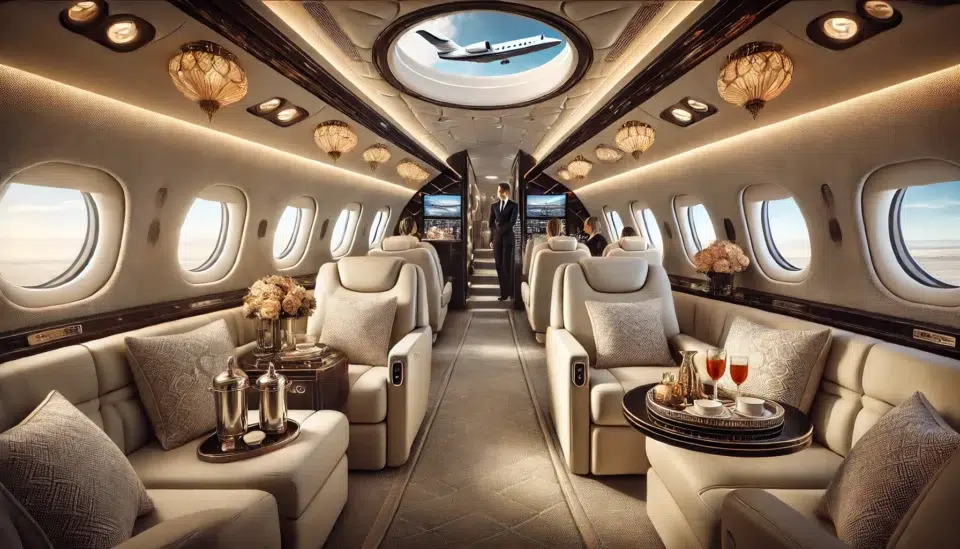Over the past few decades, private jet travel has become increasingly popular among the elite. However, the carbon emissions associated with flying have raised concerns about its impact on the environment. In recent years, there has been a growing demand for eco-friendly flying options, and the private jet industry has responded with new technologies and initiatives to make travel more sustainable.
One of the main challenges of making private jet travel eco-friendly is the high fuel consumption and carbon emissions of traditional jet engines. To tackle this issue, aircraft manufacturers and operators are exploring alternative propulsion systems. Electric and hybrid-electric engines are being developed and tested, aiming to reduce emissions and fuel consumption significantly. These engines use batteries and electric motors to power the aircraft, resulting in lower carbon emissions and noise levels.
Another approach to reducing emissions in private jet travel is the use of sustainable aviation fuels (SAFs). SAFs are made from renewable feedstocks, such as crop residues or waste oils, and have a lower carbon footprint compared to conventional jet fuels. Private jet operators are increasingly using SAFs to power their aircraft, allowing passengers to enjoy their luxurious travel while minimizing their environmental impact.
In addition to technological advancements, changes in flight planning and operations can also contribute to more sustainable private jet travel. Airlines and private jet operators are investing in advanced air traffic control systems and data analytics to optimize flight routes, reduce fuel consumption, and minimize greenhouse gas emissions. By taking advantage of real-time weather and airspace information, pilots can choose the most efficient paths, reducing both flight time and carbon emissions.
Beyond the aircraft itself, private jet operators are also investing in carbon offset programs to neutralize the emissions produced during flights. These programs involve funding projects that reduce or remove carbon emissions, such as reforestation or renewable energy initiatives. Passengers can choose to participate in these programs, offsetting their travel emissions and supporting environmental sustainability.
Furthermore, private jet operators are actively working towards implementing more sustainable practices on the ground. From energy-efficient facilities and offices to waste reduction and recycling programs, companies are striving to minimize their carbon footprint throughout their operations.
While eco-friendly flying in private jets is still in its early stages, the industry is making significant progress towards a more sustainable future. As technology continues to advance and awareness about environmental concerns grows, we can expect to see more efficient aircraft, cleaner fuels, and improved flight operations in the private jet sector. By embracing these changes, private jet travelers can enjoy luxury travel while minimizing their impact on the environment.





